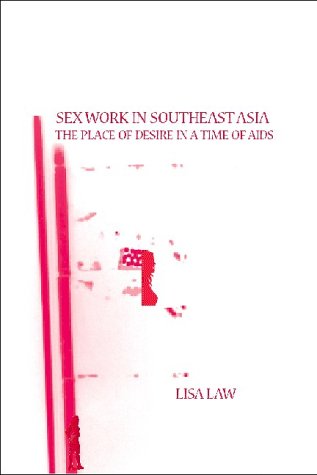Southeast Asian sex workers are stereotypically understood as passive victims of the political economy, and submissive to western men. The advent of HIV/AIDS only compounds this image, as sex workers come to represent the victims of, and vectors for, a deadly virus. This book is a cultural critique of HIV/AIDS prevention programs targeting sex tourism industries in Southeast Asia. By juxtaposing practical, contemporary issues of AIDS prevention with current theories of subjectivity and identity Sex Work in Southeast Asia posits a new place for a speaking sex worker subject. This book will be vital up-to-date research for scholars in cultural, political, social and urban geography, as well as in development and gender studies.


